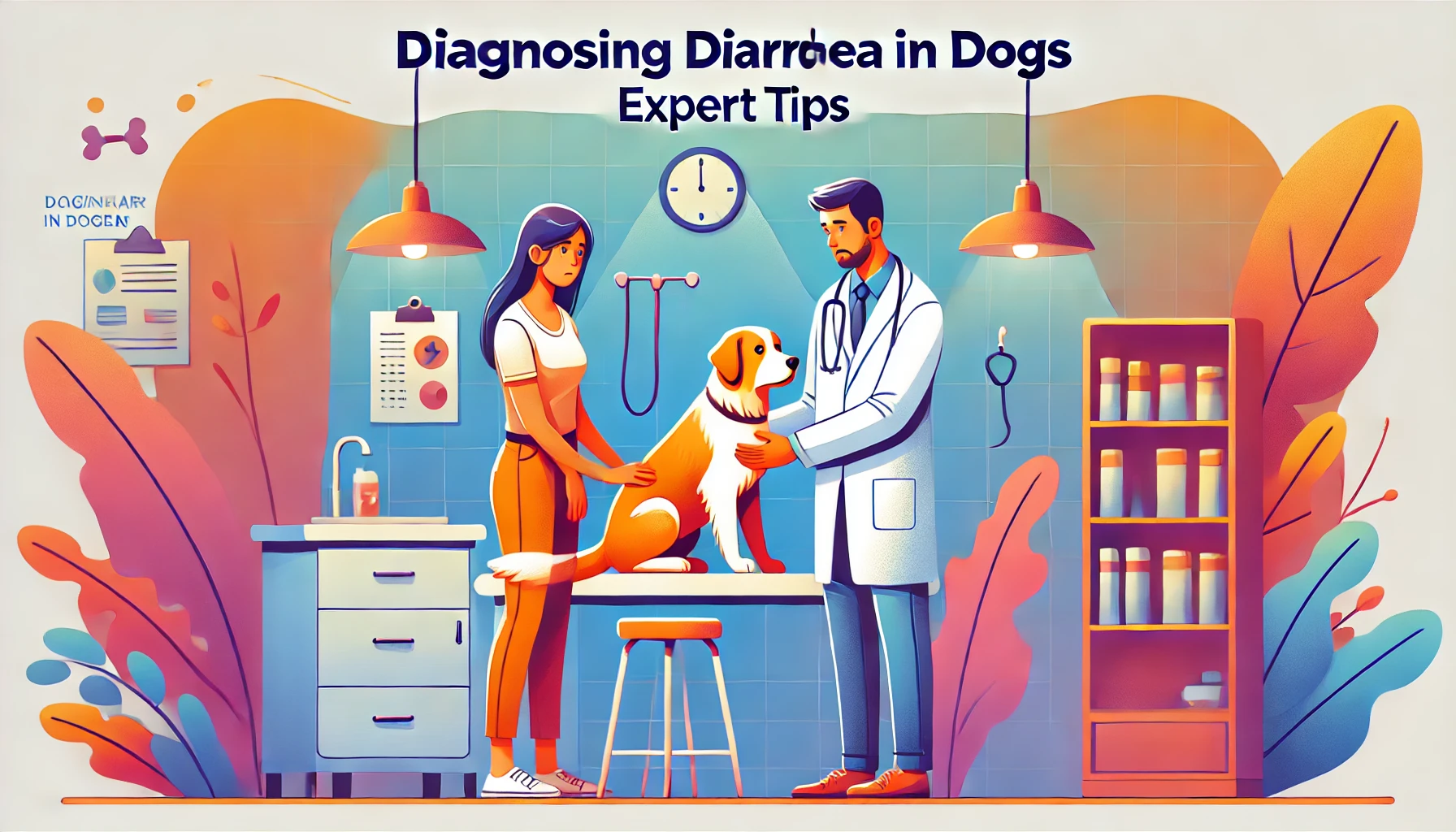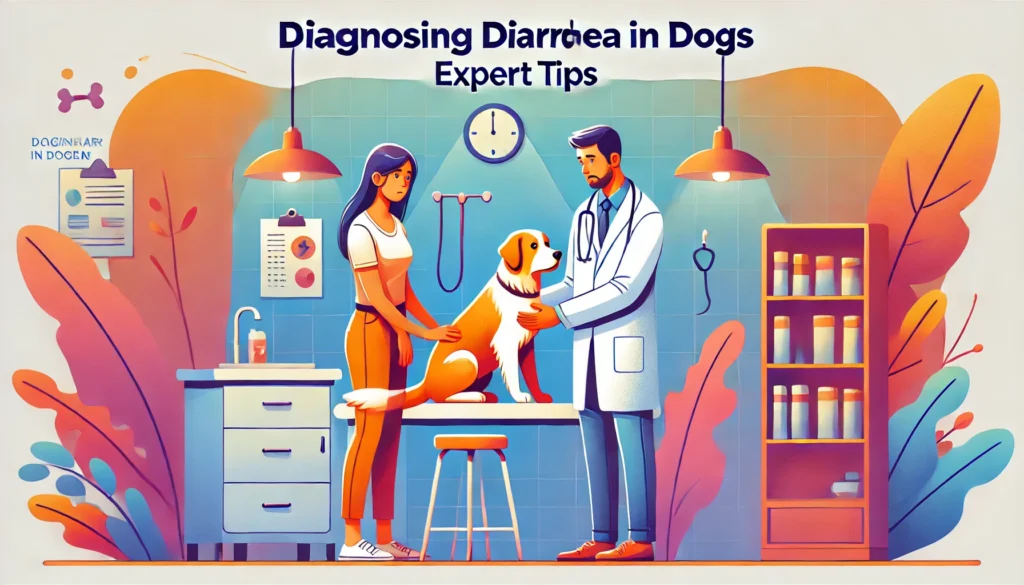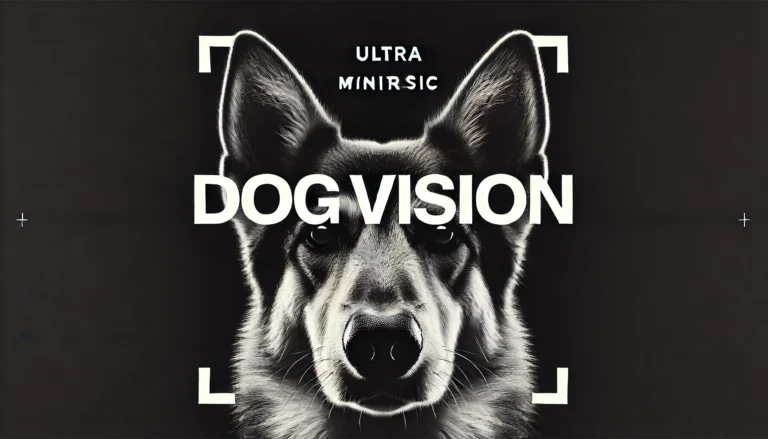Diarrhea in Dogs: Causes, Diagnosis, and Treatment

Diarrhea in dogs is a common issue that can range from a mild, temporary condition to a symptom of a serious health problem. Understanding the causes, how to diagnose, and the appropriate treatments can help you care for your dog effectively. This guide will integrate essential information about dog diarrhea, from identifying symptoms to administering the right treatment.

Understanding Dog Diarrhea
Diarrhea in dogs manifests as loose, watery, or liquid stools. It can occur suddenly and last a few days (acute), or it can persist for weeks or months (chronic). Recognizing the signs and understanding the causes are crucial steps in managing this condition.
Causes of Dog Diarrhea
Several factors can contribute to diarrhea in dogs, including:
- Dietary Indiscretion: This is common when a dog eats garbage, spoiled food, or other inappropriate items.
- Infections: Bacterial, viral, or parasitic infections can cause diarrhea.
- Stress: Changes in environment or routine can lead to stress-related diarrhea.
- Chronic Diseases: Conditions like inflammatory bowel disease, liver or kidney disease can cause ongoing diarrhea.
- Medications and Allergies: Certain drugs, like antibiotics, can disrupt your dog’s gut flora, leading to diarrhea.
Symptoms to Watch For
While loose stools are the main sign of diarrhea, other symptoms can include:
- Frequent and Urgent Need to Defecate
- Loud Digestive Sounds
- Abdominal Pain
- Blood or Mucus in Stool
- Vomiting, Lethargy, and Dehydration
If your dog has diarrhea along with these symptoms, it could indicate a more serious underlying condition.
When is Dog Diarrhea an Emergency?
If diarrhea persists for more than 48 hours or is accompanied by signs of dehydration, blood in stool, extreme lethargy, or vomiting, it’s critical to seek veterinary care immediately. Especially in puppies or older dogs, diarrhea can rapidly lead to dehydration.
Diagnosing Dog Diarrhea
To diagnose the cause of diarrhea, veterinarians will typically:
- Review the Dog’s Medical History: This includes diet, behavior changes, and prior health issues.
- Conduct a Physical Exam: Checking for signs of pain, bloating, or dehydration.
- Perform Diagnostic Tests: Stool analysis, blood tests, and perhaps ultrasound or X-rays to check for obstructions or organ health.
Treatment for Dog Diarrhea
The treatment depends on the underlying cause:
Mild Cases
- Diet Management: Feeding bland, easily digestible food like boiled chicken and rice can help.
- Hydration: Ensuring your dog stays hydrated is crucial. Provide constant access to clean water.
- Probiotics: These can help restore healthy bacteria in your dog’s gut.
Severe Cases
- Fluid Therapy: To treat dehydration, vets may administer fluids intravenously.
- Medications: Anti-parasitic medications, antibiotics, or drugs to soothe the intestine might be prescribed depending on the cause.
- Dietary Adjustments: Long-term changes may be needed for dogs with food sensitivities or chronic conditions.
Preventing Diarrhea in Dogs
Preventive measures include:
- Consistent Diet: Avoid sudden changes in diet and don’t allow your dog to eat garbage or foreign objects.
- Regular Health Checks: Keep up with your dog’s routine veterinary check-ups.
- Stress Management: Try to minimize stress by keeping a routine and providing a calm environment.

Conclusion
Understanding the various aspects of dog diarrhea—from identifying the early signs and potential causes to knowing when to seek veterinary attention—is crucial for any dog owner. With the right care and attention, most cases of diarrhea in dogs can be effectively managed or resolved, ensuring your pet remains healthy and comfortable.






